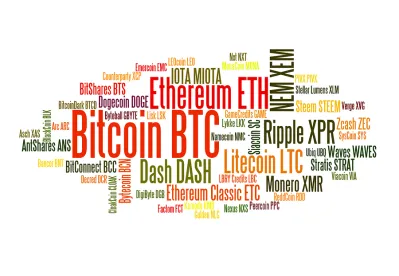On March 17, 2020, the governor of Hawaii announced the Digital Currency Innovation Lab, a collaborative effort between Hawaii’s Department of Commerce and Consumer Affairs, the Division of Financial Institutions (DFI) and Hawaii Technology Development Corporation, to regulate business transactions utilizing cryptocurrencies. The two-year pilot program allows selected companies to conduct business transactions using digital currency that otherwise would require a Hawaii Money Transmitter License under the state’s Money Transmission Act. The announcement of this program came just weeks after SB2594 was proposed in the Hawaiian Senate to allow banks to hold digital assets for their customers.
The Application Process
Applicants must provide financial disclosures based on their legal entity structure. For example, firms organized as corporations would be required to submit their most recent audited financial statements and financial statements for the preceding two years. Applicants must also provide entity structure charts and anti-money laundering disclosures regarding beneficial owners.
Beyond the initial and yearly fees, the application process requires an extensive list of disclosures. If an applicant is accepted, they must provide annual reports to DFI by December 31 of each year during which the accepted applicant participates in the Virtual Currency Pilot Program, including (1) the number of transactions for the year ending October 31, (2) the value of those transactions, (3) the number of complaints received, and (4) any pending or current regulatory enforcement orders against the applicant.
Hawaii’s Changing Policy
Hawaii’s pilot program represents a shift in policy in favor of digital currency innovation. Previously, in 2017, Hawaii had imposed cash reserve requirements on companies using digital currencies to hold an equal amount of government-backed currency. This prompted some cryptocurrency firms to re-evaluate their strategy in Hawaii. Before this program was launched, the DFI could pursue enforcement actions against actors conducting unlicensed money transmission activity. Under this program, companies will have the benefit of a “no action” directive issued by DFI in favor of the Digital Currency Innovation Lab’s participants.
Other State Programs
Notably, unlike other states’ cryptocurrency initiatives such as Utah and Wyoming, Hawaii is creating this “sandbox” initiative not through the state’s legislature, but rather through DFI’s broad regulatory authority. While this does potentially allow for more administrative flexibility, DFI is vested with unchecked discretion, as evidenced by the lack of appeal if an applicant is rejected and the fact that DFI can terminate any company’s participation in the sandbox on any, or no, basis without explanation.
Other states are following the trend and are flirting with the idea of a similar digital sandbox initiative. Rhode Island legislators introduced the Rhode Island Economic Growth Blockchain Act in March, which calls for “a comprehensive regulatory sandbox”. RI H7989 provides for a blockchain technology advisory council to conduct research and promote entrepreneurial development. Rhode Island’s sandbox would allow for a waiver of statutes and rules that otherwise would not permit for a specific financial technology. In comparison with Hawaii and other states, companies seeking a waiver in Rhode Island would need to provide certain disclosures regarding capital requirements and risks to consumers, as well as a detailed proposal about the financial service or product.
While the Digital Currency Innovation Lab offers a sign that Hawaii will allow innovative business solutions with respect to digital currency, the current proposal is fraught with uncertainty. DFI may grant or deny applications in its sole discretion and there is no right of appeal. Similar to other sandboxes, no plan exists for what happens after the two-year incubator period concludes in 2022. In light of these and other concerns, digital currency companies may not participate until a more certain regulatory and legal framework is proposed over a longer time horizon. Applicants must apply for this program by May 1, 2020; however, due to uncertainty surrounding COVID-19, the commencement date for accepted applicants is still undetermined.



 />i
/>i

